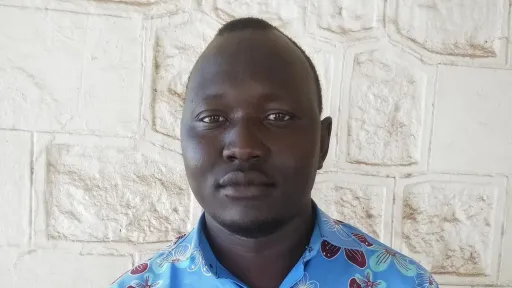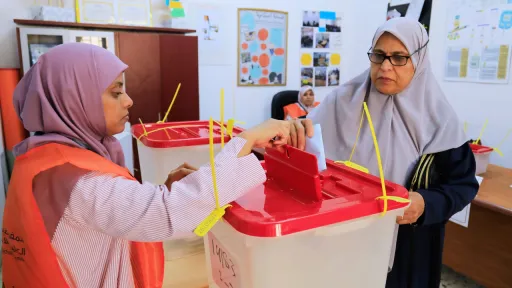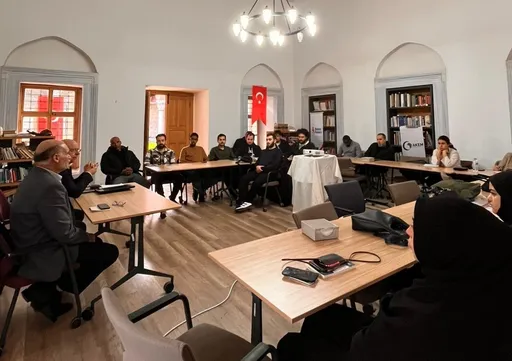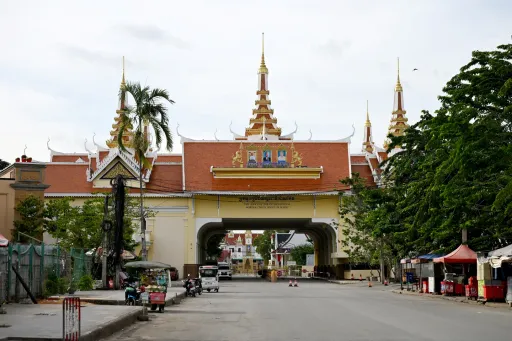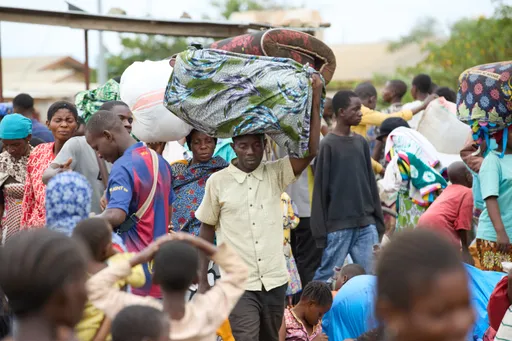Abidjan launched on Monday a near-300-strong police brigade to "guarantee urban order" as part of a mass urban renewal policy in Côte d'Ivoire's largest metropolis.
The West African country has launched a series of measures this year to clean up the city of more than six million people, destroying shantytowns and evicting their residents.
Many of Abidjan's poorer residents live in shantytown shacks in flood-prone areas, where floods and landslides killed at least 24 people in 10 days earlier this year.
The brigade of 295 police personnel and one commanding officer aims to "free public spaces occupied by squatters" and clear "occupied spaces that cannot be built on", district governor Ibrahim Cisse Bacongo announced at the launch ceremony.
'Urban order'
"Its main objective is to be the guarantor of urban order" and "the improvement of our living and working conditions", he said.
Its creation "aims to give a more pleasant face to our economic capital", Interior Minister Vagondo Diomande said.
As part of the clean-up campaign for the informal sector, the brigade will also enforce measures that came into force in April, such as a ban on begging and the use of handcarts to transport goods, Bacongo added.
Nearly seven million Côte d'Ivoire people are employed in the informal urban economy, according to the World Bank – more than in agriculture or in formal employment.
Ban on plastic bags
Policing a ban on plastic bags, which has been widely ignored since its introduction in 2013, also falls under the brigade's responsibilities.
The urban renewal drive started in February with mass evictions and demolitions in these shanty towns.
After an outcry, the government announced measures in March to help people evicted from their homes find alternative accommodation.
In some neighbourhoods, shops have also been destroyed to make way for roadworks.
➤ Click here to follow our WhatsApp channel for more stories.









